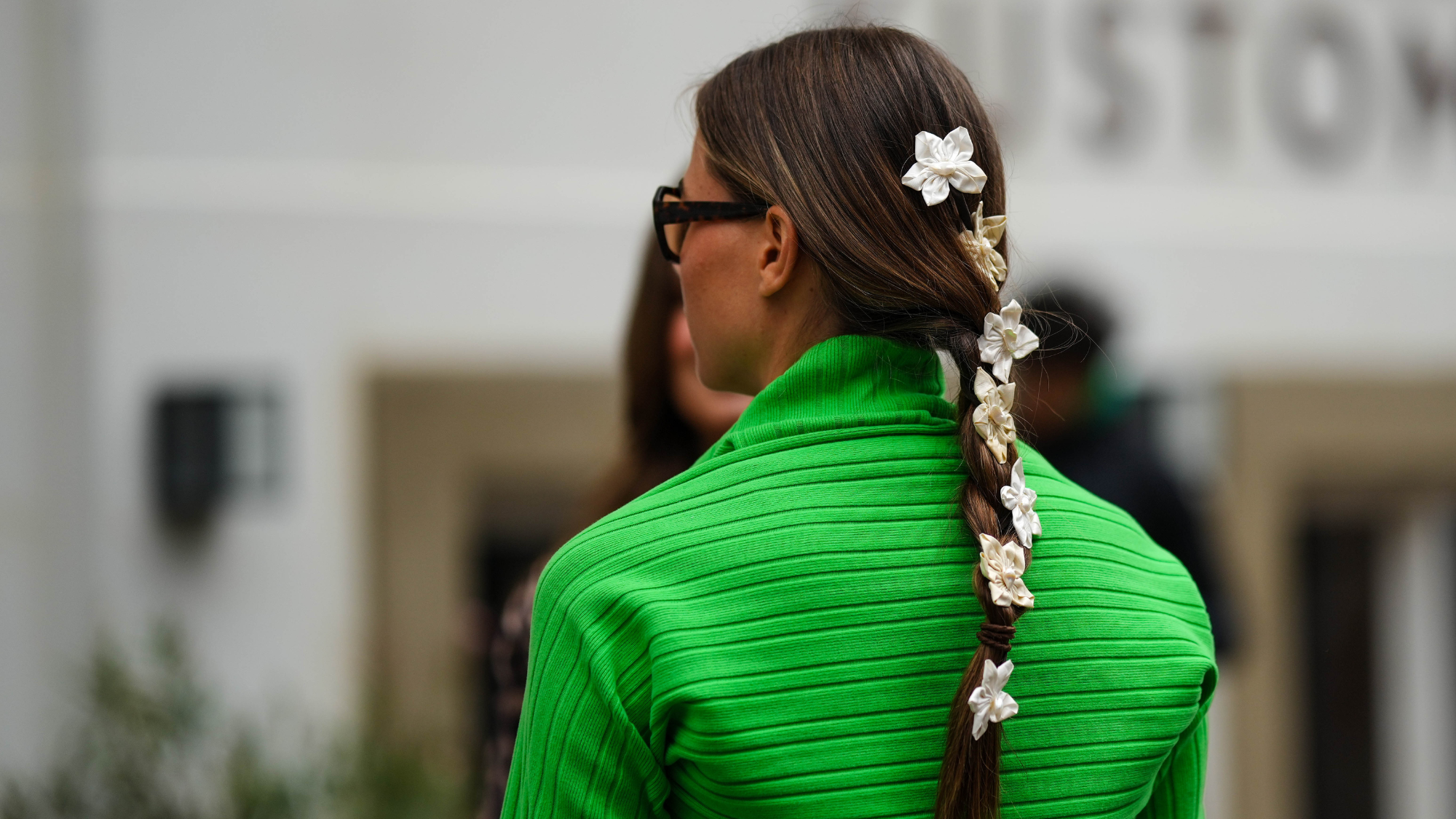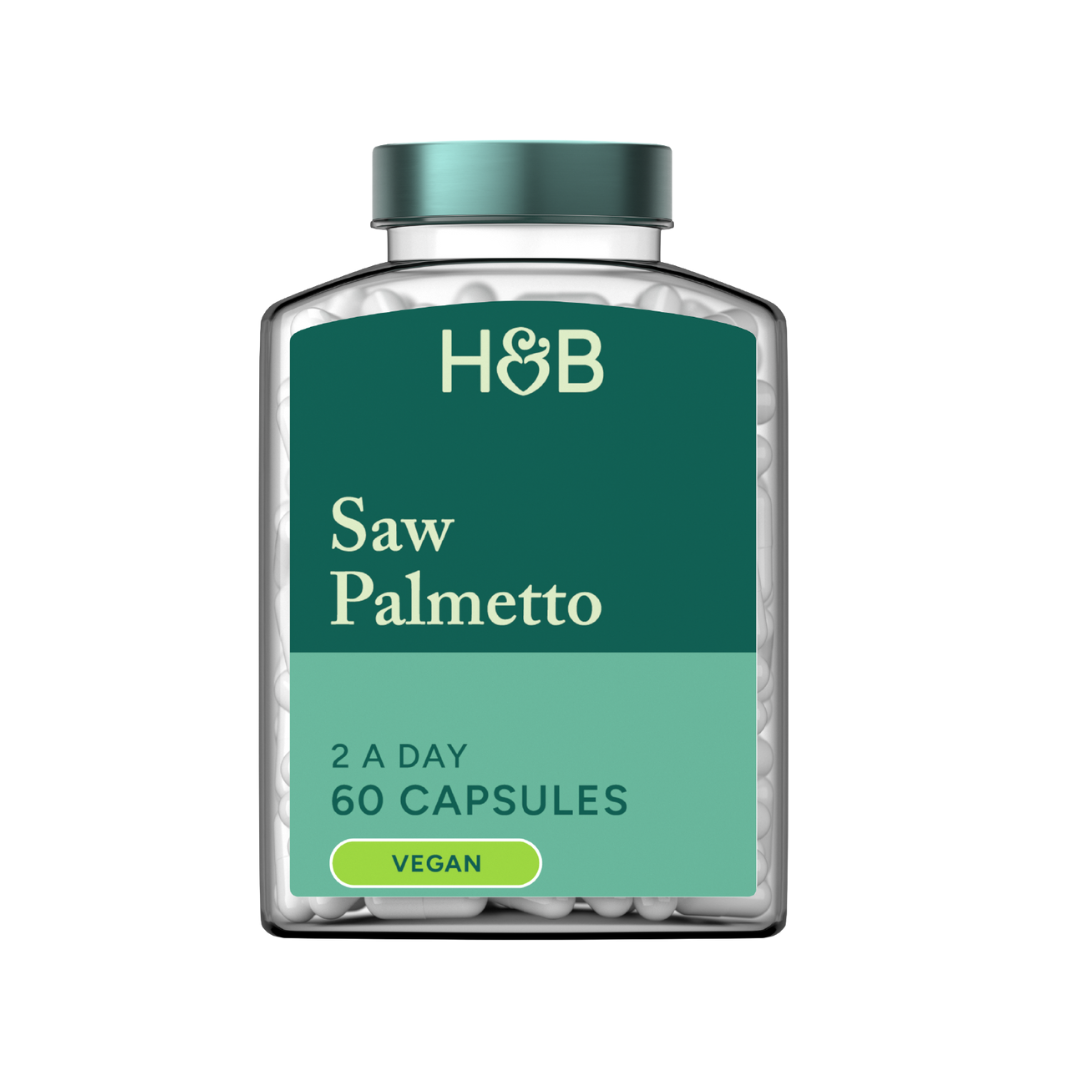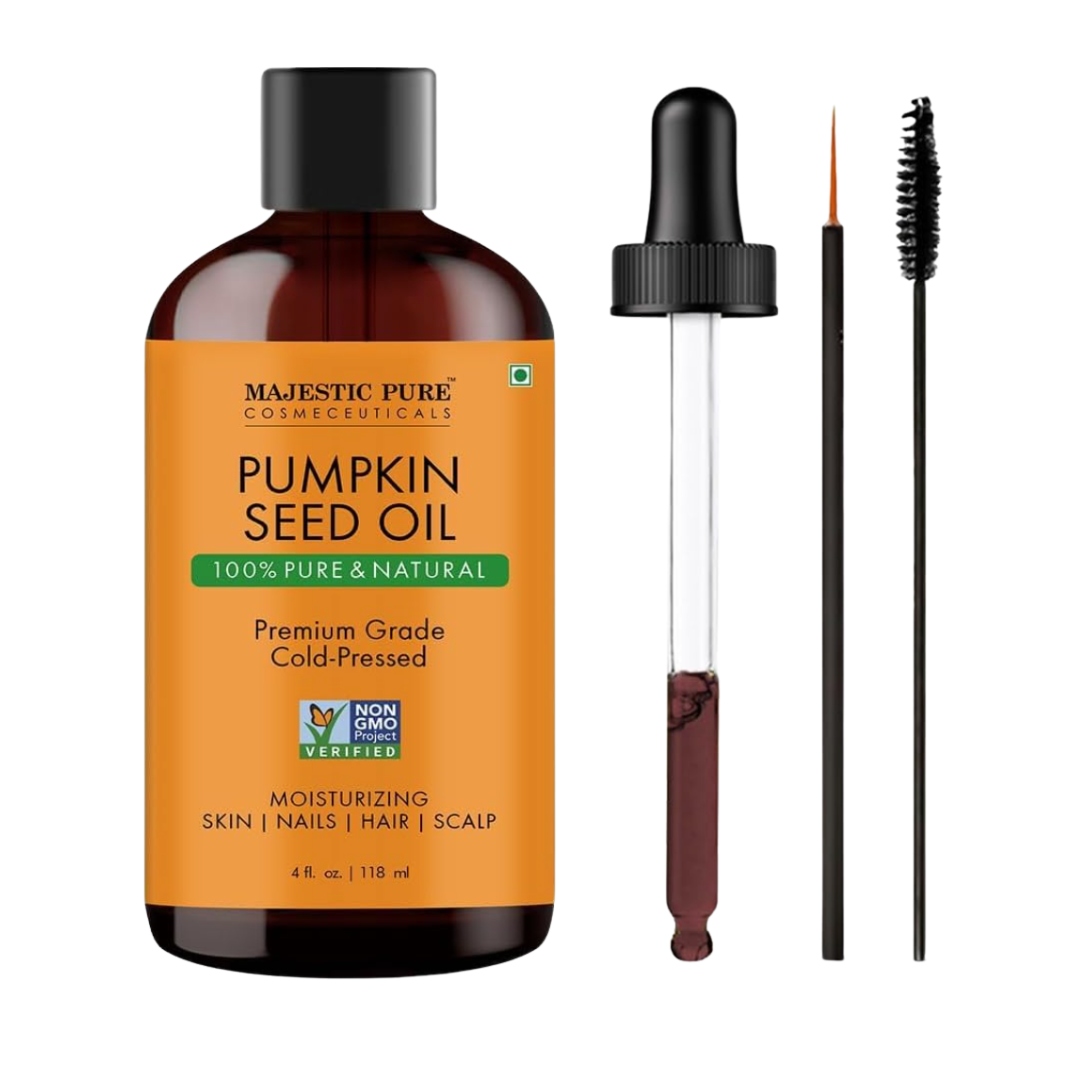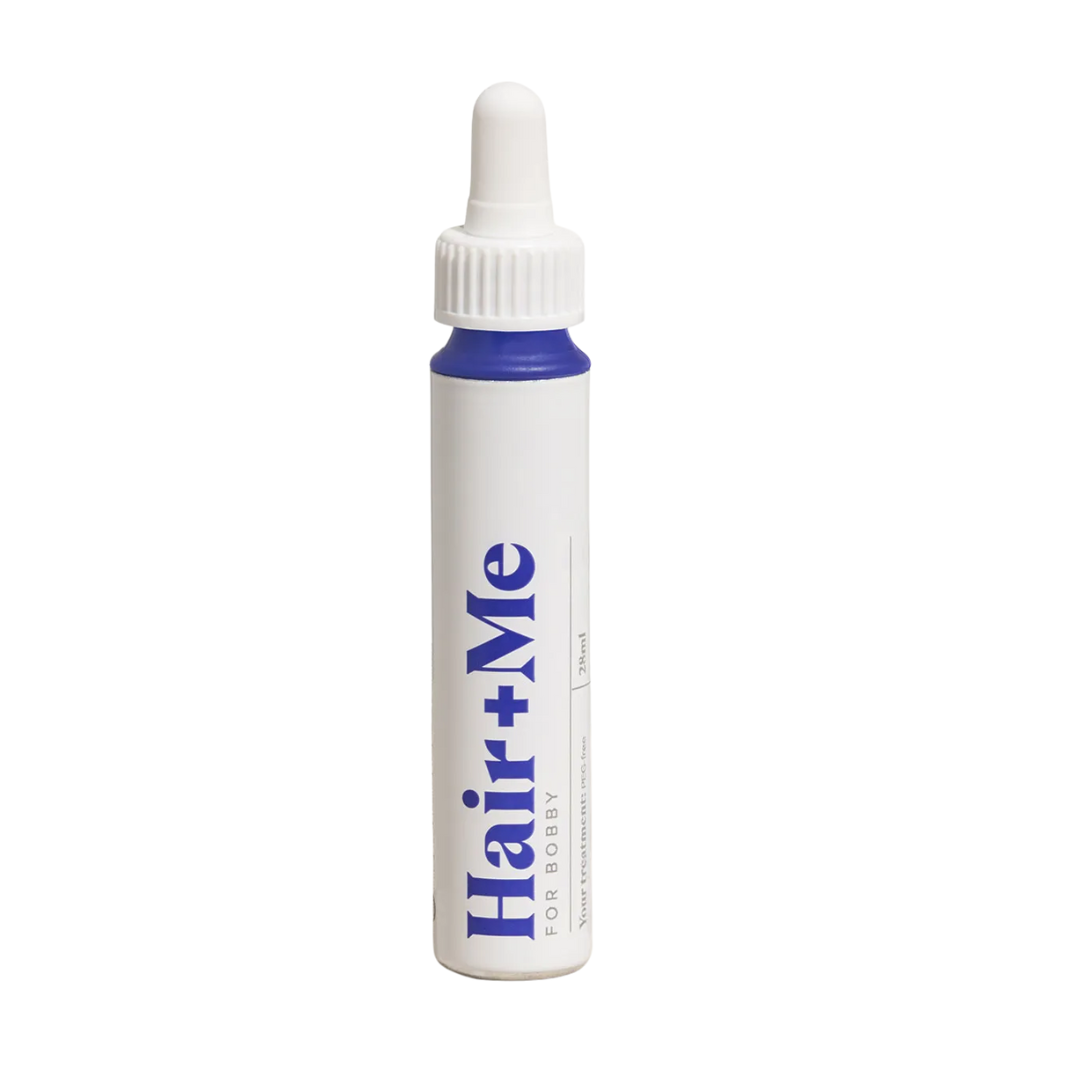DHT Blockers Are the Unsung Hero for Treating Hair Loss and Thinning—Here’s How to Incorporate Them Into Your Routine
From prescription-only products to natural supplements


Celebrity news, beauty, fashion advice, and fascinating features, delivered straight to your inbox!
You are now subscribed
Your newsletter sign-up was successful
While drugs like monoxidil have long been associated with treating hair loss (and are proven to be effective), most cases require a two or even three-prong approach. That's why the term "DHT Blockers" is gaining more traction online. "DHT blockers are trending because they bridge that gap between cosmetic and clinical, offering visible results through evidence-based ingredients," consultant dermatologist and Hair+Me representative Dr Margo Gkini tells Marie Claire UK.
DHT (dihydrotestosterone) is a hormone that is linked to male pattern baldness, amongst other conditions. This hormone stops nutrients from being absorbed by hair follicles, which causes them to shrink and subsequently fall out. Several natural remedies claim to block DHT, including green tea, nettle, saw palmetto, rosemary oil and pumpkin seeds, though the only proven, medical DHT blockers are drugs known as finasteride or dutasteride, which are prescription only.
While DHT is more prevalent in men, it is also present in women, albeit in smaller amounts. Elevated DHT levels in women can be caused by several factors, including PCOS (polycystic ovary syndrome), hormonal changes and genetics.
However, women do need to take caution when considering taking DHT blockers. Pharmaceutical DHT blockers, including finasteride and dutasteride, are not recommended for women of childbearing age due to the potential to cause birth defects in babies. They tend only to be prescribed to post-menopausal women and are subject to strict supervision. Topical DHT blockers, on the other hand, are safe for women as they act locally on the scalp, minimising the risk of side effects.
Curious? Read on to get the full breakdown.
What effect can DHT Blockers have on the hair?
Dr Margo Gkini explains that DHT blockers generally have positive effects on the hair, for both men and women with pattern hair loss. "They can reduce hair loss by slowing hair miniaturisation as they lower the DHT scalp levels. They can promote hair regrowth, so patients experience thicker and fuller hair, but they also play a significant role in maintaining the current hair density." Dr Gkini adds that they are also helpful for anyone who wants to strengthen thinning areas before hair loss becomes more visible.
She continues: "DHT blockers are important parts of our armamentarium in the management of pattern hair loss, and there are data from studies showing encouraging results. Men are mainly using them, and it's worth noting that oral DHT blockers are not an option for women who plan to have a pregnancy. Postmenopausal women can, on the other hand, use them. Nevertheless, the topical options can be used by both sexes as systemic absorption is minimal."
Celebrity news, beauty, fashion advice, and fascinating features, delivered straight to your inbox!
What products have DHT blockers in?
There are several forms of DHT blockers, some of them being naturally derived and others being prescription-only. They can be found in serums, tablets or supplements. Look for ingredients, such as saw palmetto or the prescription-only drug dutasteride, which support hair growth. Hair + Me’s The Drops, for instance, include naturally derived actives that work to rebalance the scalp and protect against excess DHT buildup.
Can you use DHT blockers as an alternative to other hair loss medications?
"DHT blockers can be considered an alternative or complement to several types of hair-loss treatments, such as minoxidil, hair loss transplantation or natural DHT-blocking supplements like saw palmetto," explains Dr Gkini. "Their topical forms can also work as an alternative to oral treatments, and they are associated with a better safety profile."
Are there any side effects?
As mentioned, women of childbearing age are generally advised not to use oral, prescription-only DHT blockers like finasteride and dutasteride due to the potential for birth defects. And in any case, anyone who is interested in using DHT blockers is advised to consult a licensed professional first.
Dr Gkini adds: "All medications may have some side effects, so this is also the case for DHT inhibitors. Temporary hair shedding can occur when starting treatment or mild scalp irritation when used topically. Uncommon side effects include hormonal or mood changes. Overall, the benefits outweigh risks for the majority of people with pattern hair loss."

Nessa Humayun is the Beauty Editor at Marie Claire UK. With over eight years of editorial experience across lifestyle sectors, Nessa was previously the Editorial Lead of HUNGER Magazine, and has bylines in British Vogue, Dazed, and Cosmopolitan. A self-confessed human guinea pig, Nessa covers everything from product must-haves to long-reads about the industry writ large. Her beauty ethos is all about using products that work hard, so you don't have to.


